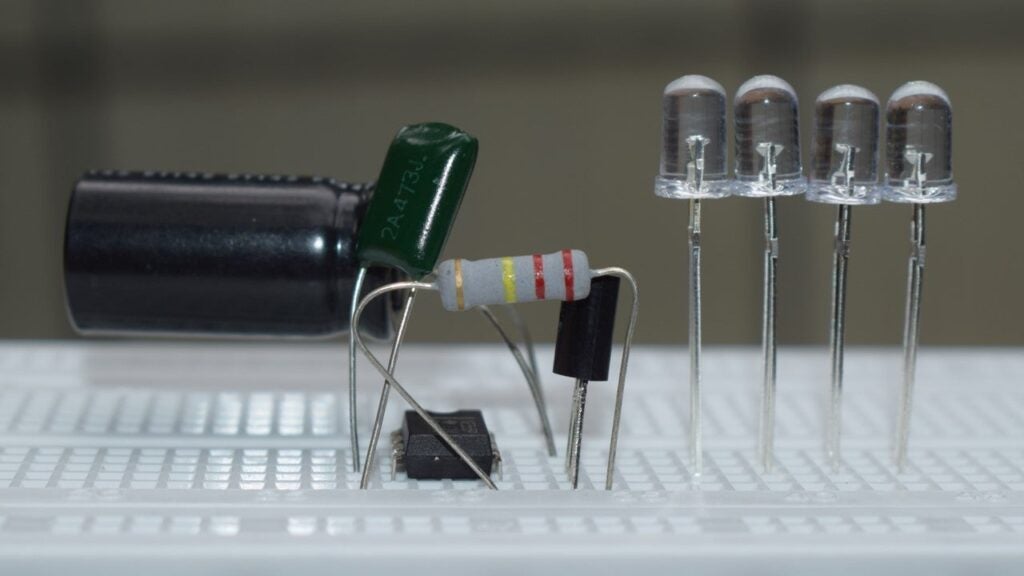
This course covers the comprehensive principles of oscillator design, focusing on various types of oscillators and their functioning. It starts with the basics of mixer design, oscillator design, and performance parameters crucial for oscillator design, such as frequency range, output voltage swing, and power dissipation. The course further delves into the Barkhausen criteria for achieving oscillation and the concept of negative resistance. It provides a practical example of designing a three-stage ring oscillator and discusses cross-coupled oscillators and voltage control oscillators. The course also explores the principles of one-port oscillator design, the methodology used in RFIC and microwave oscillator design, and the concept of input impedance. Lastly, it covers the concept of phase noise in RF transceiver design, the role of the RLC resonator, and the concept of noise current density. This course has been developed by Prof. Darshak Bhatt from IIT Roorkee for NPTEL. It is now accessible through Ansys Innovation Space courtesy of the partnership between Ansys and NPTEL, under the CC BY-SA license. For more details, visit https://nptel.ac.in/courses/108107379.
-
Cost: FREE
- Course Duration: 2-4 HOURS
- Skill Level: Intermediate
- Skills Gained: Oscillator design, types of oscillators, Barkhausen criteria
No reviews available for this learning resource.









